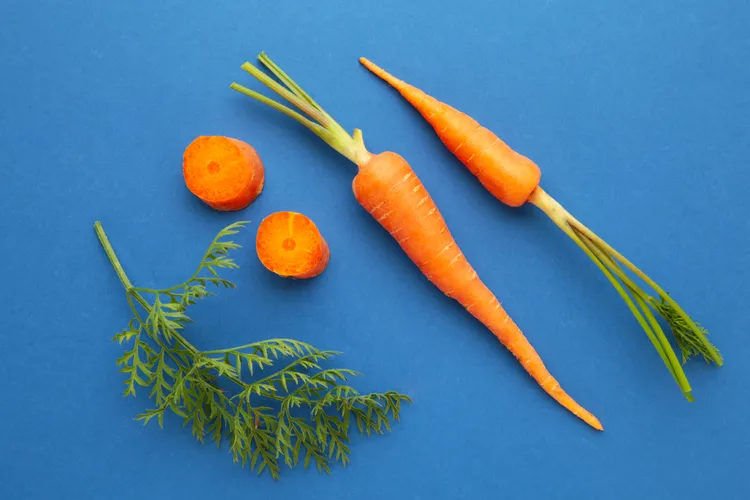All Vegetables Are Healthy—but These 5 Are Especially Good for Your Heart
- Ria Bhagwat
- Jul 28, 2025
- 3 min read

Eating your veggies is high up on the list of living a happy, healthy life. But many folks specifically reach for vegetables as a way to protect their heart: “Higher vegetable intakes are strongly and consistently linked to improved cardiovascular health and reduced risk of cardiovascular disease,” says registered dietitian Avery Zenker, RD, MAN. “Vegetables contain essential vitamins, minerals, fiber, and thousands of bioactive phytochemicals that have increasing evidence for their role in supporting cardiovascular health.”
If you’re looking to load up on heart-healthy vegetables—and promoting your overall health as a result—look no further than this guide to the five healthiest vegetables for your heart.

Dark, Leafy Greens
Salad lovers, this one’s for you. Dark, leafy greens are an excellent source of heart-boosting nutrients. “A large systematic review found that green leafy vegetables had among the strongest associations with reduced incidence and mortality from CVD [cardiovascular disease], CHD [congenital heart disease], and stroke,” Zenker says. “Leafy green vegetables contain vitamins, minerals, and polyphenols that have been shown to support heart health. Some examples of dark leafy greens include spinach, kale, Swiss chard, collards, beet greens, arugula, romaine lettuce, and more.” The opportunities are endless with this versatile food group; add your choice of leafy greens to salads, smoothies, and sandwiches.

Carrots
By now, you likely know the health-promoting benefits of carrots—they’re good for your eyes, brain, and even your heart. “Some research has found that people who ate more carrots and other orange vegetables had a lower risk of developing and dying from CVD,” Zenker says. “Carrots contain a polyphenol called beta-carotene, which is a type of carotenoid that gives carrots their orange colour. Carotenoids have been associated with cardiovascular benefits, and have antioxidant properties that can reduce inflammation and oxidative stress, which are key contributors to cardiovascular complications.” Plus, you can enhance the flavor of carrots by roasting, glazing, air frying, or even simply dipping them in ranch.

Tomatoes
This red, juicy food might technically be considered a fruit, but it’s still used as a culinary vegetable—and is incredibly good for your heart. “Tomatoes contain lycopene, which is a polyphenol that can support heart health due to its antioxidant properties and potential to lower blood pressure, decrease cholesterol, and protect against atherosclerosis (the buildup of plaque in arteries),” Zenker says. Enjoy it in fun dishes like tomato toast, soup, or in pasta.

Beets
Beets are high in nitric oxide, a molecule that plays a vital role in blood flow and blood pressure regulations. “Beets are a unique vegetable in that they contain a type of polyphenol called betalains, which give beets their bright color,” Zenker says.”Research suggests that betalains can help reduce inflammation, lower cholesterol and triglycerides, decrease blood pressure, reduce arterial stenosis, and help combat atherosclerosis.” These purple veggies can be prepared in a variety of ways, whether you enjoy them grilled or roasted.

Edamame
Boosting your heart health doesn’t always need to be achieved through fully prepared meals—it can also be done via snacking! “Edamame is essentially young soybeans, and although it’s technically a legume, it’s usually consumed like a vegetable,” Zenker says. “Research consistently finds that legume and soy consumption has been positively correlated with improved cardiovascular health, including improved blood pressure and lower cholesterol.” Snack on these green beans throughout the day to help fuel energy, keep you satiated, and make your heart happy.








